Former Nike executive alleges $10K deal for Anthony Davis at Kentucky
Former Nike and Adidas executive Merl Code is going to prison for his role in the college basketball pay-for-play scandal uncovered by the FBI in 2017. Before then, though, he’s airing all of the sport’s dirty laundry, with Anthony Davis’ name being thrown into the mix.
Prior to his nine-month prison sentence, Code spoke with Pat Forde and Dan Wetzel on their podcast, the College Football Enquirer. During the appearance, he revealed some of the details of his time as a basketball middleman that will be discussed in his new book, Black Market: An Insider’s Journey Into the High-Stakes World of College Basketball. Some of those details? Davis’ family allegedly receiving $10,000 cash in an envelope during the star forward’s lone season at Kentucky, Zion Williamson’s family allegedly negotiating deals, and Rick Pitino’s alleged knowledge of Brian Bowen’s $100,000 agreement to play at Louisville, among others.
We’ll start with Anthony Davis, who led Kentucky to the program’s eighth national championship in 2012. Code alleges that Davis’ father, Anthony Davis Sr., lost his job and the family needed the money. With name, image and likeness illegal at the time, Code says a t-shirt deal was reached with Davis’ family that would put some extra cash in their pockets.
That resulted in an alleged $10,000 exchange prior to Kentucky’s infamous upset loss at Indiana in 2011.
“When I was on the pro side at Nike, I made numerous trips to Kentucky to see guys like Rajon Rondo, Eric Bledsoe, John Wall, DeMarcus Cousins and a few others,” Code said, via Forde. “I had some solid relationships with folks in Lexington, so the first call I made was to a former assistant athletic director. He was no longer working in that capacity, but he was superconnected to some heavy hitters. …
“He thought on it and came back to me with a creative idea. He knew some guys that ran an apparel shop. ‘What if they created a T-shirt design? Would the family be okay if they got a healthy amount of the profits from the sales, so long as they don’t come back and sue us? We wanna make a play on his unibrow.’”
“… On Dec. 9, my guy in Lexington called me and said, ‘They’ve had some movement, made some sales. They’ve got 10 grand for the family right now. How do you wanna handle it?’”
Code then claimed he drove from Chicago to Bloomington, received the money in an envelope and then dropped it off with Davis’ mother prior to the game.
Does he regret the alleged exchange? Code says the Davis family deserved it, and with NIL deals now approved for student-athletes at the collegiate level, he feels “vindicated.”
“These are really good people,” Code wrote in his book, per Forde. “That kid and his family deserved an opportunity to live without constantly worrying about keeping a roof over their heads and food on the table, especially while AD was generating tens of millions of dollars for everyone except himself. … I have no qualms about what we did to help them. Now, with athletes being permitted to profit off their names, images and likenesses, I actually feel vindicated in helping that family in the way that we did. It was the right thing to do—to hell with what the NCAA would have said at the time.”
Code added that other schools and coaches would complain about Nike’s relationship with Kentucky and Calipari, with former Florida coach Billy Donovan being a top critic.
“I’m sick and tired of this bulls—! You motherf—-rs keep helping Kentucky! This s–t is ridiculous,” Code said of his conversation. “I’m gonna call [Nike cofounder] Phil Knight personally to talk about this s— because it’s getting out of hand.”
“I stayed quiet while Billy vented, because I knew there was some truth in what he was saying,” Code wrote in his book. “With John Calipari getting an overabundance of the top recruits in the country at the time, Florida and every other program were fighting for scraps. One of the worst-kept secrets in the business was Nike’s emphasis on helping Kentucky and Oregon, Phil Knight’s alma mater, with everyone else falling in line after.”
Elsewhere, Code revealed that Zion Williamson’s family was “asking for money in the pocket” and that “he’s asking for housing for him and his family.” Kansas approved of such requests with his signature, though the five-star forward ultimately signed with Duke, a surprise at the time considering — as Code says — Clemson had heard it was going to land Williamson.
How did he end up at Duke? Code truthfully isn’t sure. He does know, however, that Williamson “had been living at extremely modest means when he met them a couple of years earlier, with (his stepfather) even asking for $100 for groceries—moved into a luxury neighborhood in Durham while Zion was in school,” per Forde.
Among other details of the interview and Forde’s article dissecting the quotes, Code made it quite clear Rick Pitino knew of Brian Bowen’s deal worth $100,000 to sign with Louisville.
“Code did say that, contrary to Pitino’s stated ignorance of the Bowen deal, the Louisville coach was aware of it,” Forde wrote. “As (Code) wrote in the book, “The gist of the prosecution was that, as it related to me, my actions made Brian Bowen ineligible, thus defrauding the University of Louisville. As a consultant with Adidas, I did not act on my own, nor could I have done so. I simply ran the proposition by my bosses, who did the same after consulting with Rick Pitino, and the answer that came back from up high was, ‘Rick wants our help. Get it done.’”
The self-described “bogeyman” of college basketball will reveal all of his secrets when his book is released on March 1. Until then, read the rest of the details in Forde’s article here.
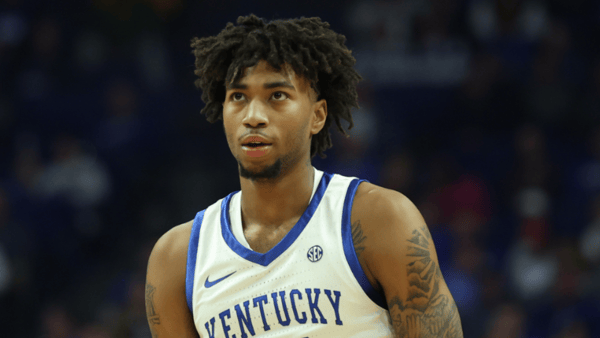
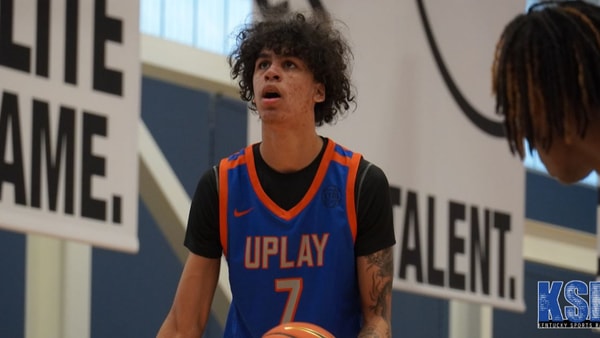
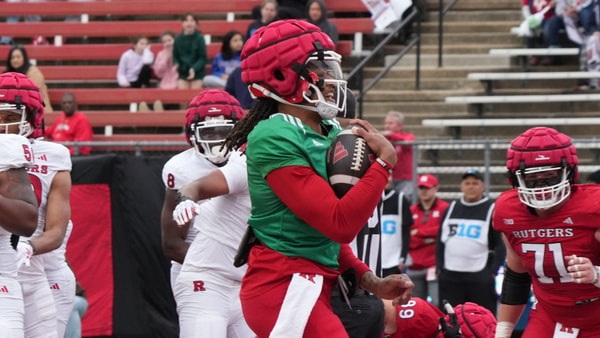
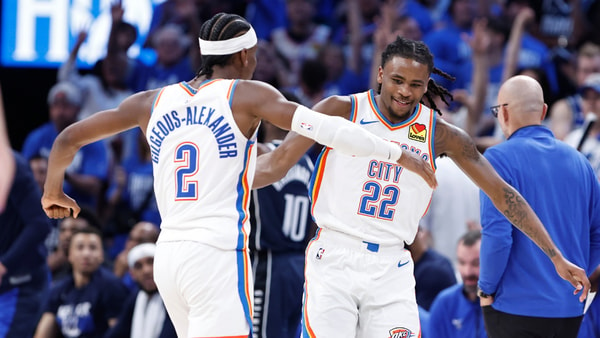

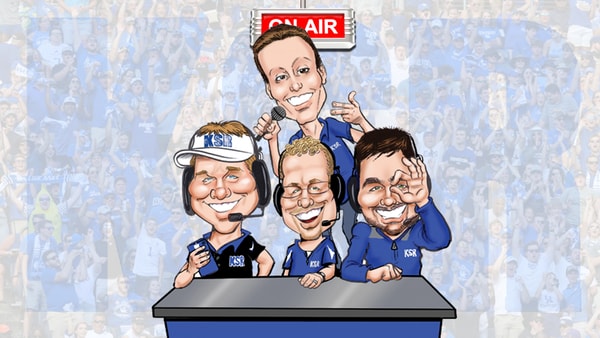
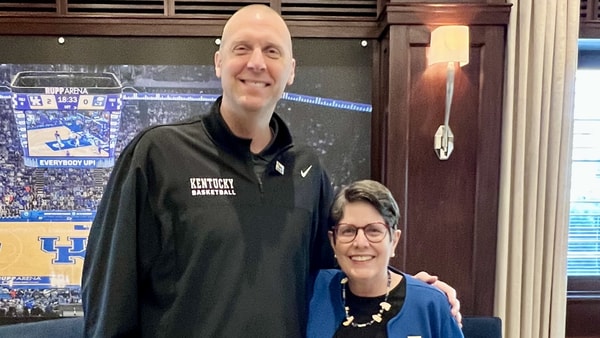

Discuss This Article
Comments have moved.
Join the conversation and talk about this article and all things Kentucky Sports in the new KSR Message Board.
KSBoard